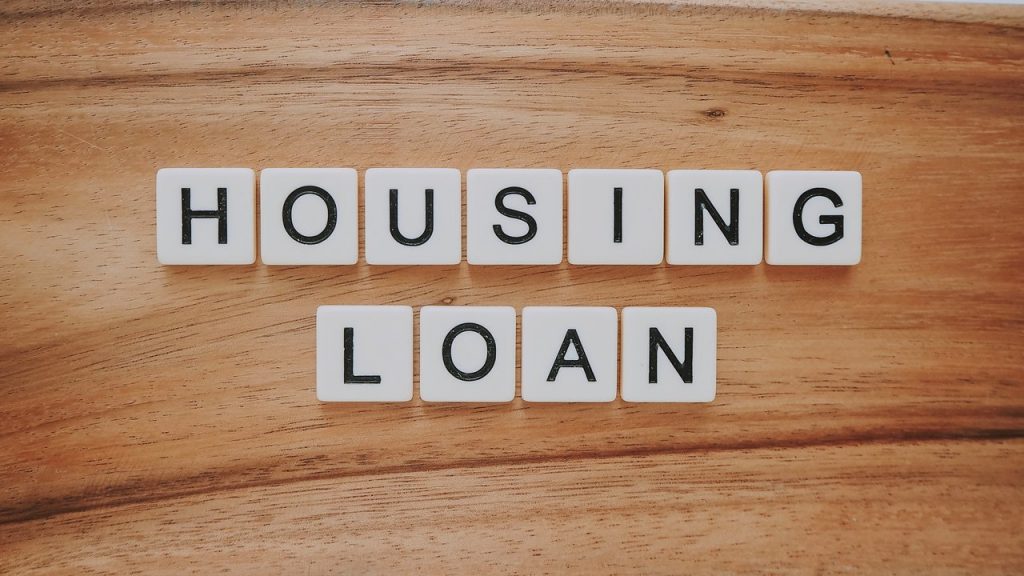
A home loan is the first step to fulfilling your dream of owning a home. A housing loan or home loan refers to the money borrowed from banks or financial institutions to purchase or construct a house for you to live in.
Home loan is probably one of the most commonly availed financing facility from lending institutions all over. Home loan process is relatively straightforward. Almost all major banks provide this facility.
Here are a few topics that will clear your most basic doubts:
Will the bank fund the full project as loan?
The financial institutions usually provide up to 80%-85% of the market value or 85% – 90% of the total project cost. The interest rates of these loans are either fixed, floating or hybrid. You will have to make up for the difference between total project cost and bank loan amount from your own pocket.
How does the bank determine eligibility?
The banks will determine the home loan eligibility mainly based on your income and repayment capacity. The other factors include your age, qualification, number of dependents, income of your spouse (If he or she is a co-applicant), current assets, current liabilities, savings history and service history.
What is EMI?
EMI refers to the equated monthly installment, which is the amount you will pay to the bank or financial institutions every month on a date mutually agreed, till the loan is fully repaid. This consist of interest and principal components.
Should I take a home loan if I have my own funds?
There will be many buyers or clients who do not require a home loan for buying the house or constructing a new house. In such scenario, you can still apply for a home loan, as it keeps your liquidity (cash in hand) at the same time offers very good tax benefits.
If you don’t have any liquidity issues, follow this thumb rule: if the interest earned on deposits/other investment opportunities is higher than what you will need to pay for the home loan, apply for home loan. If not, use the fund available for constructing / buying the house. There is always a high probability that interest on home loan will be lesser than your potential earnings elsewhere.
What are the Tax Benefits on Home Loan? (FY 2020-2021)
This table shows you the benefits of tax under the respective sections of the Income Tax Act, 1961.
| Income Tax Act | Maximum Deductible Amount |
| Section 24 | No limit (for let-out property), Rs.2 lakh (for self-occupied house) |
| Section 80C | Rs.1.5 lakh from Principal (including stamp duty and registration fee) |
| Section 80EE | Rs.50,000 Additional interest (for first-time buyers) |
What is the home loan tax benefits of owning a second property?
As per the current provisions, if you have more than one self-occupied property, then only one of them will be accepted as self-occupied. You should pay tax on the basis of notional rent, in the case of other property. You can choose either of your properties as the self-occupied one to maximize tax benefits.
As per the finance budget announced in February 2019, it was proposed that the second self-occupied home can also be claimed as a self-occupied one instead of it being deemed to be let out on rent. This will help the owner save money by preventing the incidence of paying tax based on notional rent. Also, this helps you claim deductions on tax including the second property.
What are the documents required for Home Loan?
Home Loans help to fulfill all housing finance related needs. Home loans are secured loans and banks will ask for a list of documents to get assurance on the borrower. The criteria, requirements and documents differ from lender to lender.
Below is a list commonly required documents:
- Passport Size Photographs
- Identity Proof: Passport / Driving License / Voter ID / PAN Card / Aadhaar Card.
- Address Proof: Registered Rent Agreement / Driving License / Passport / Electricity Bill (up to 3 months old).
- Employment Appointment Letter: If the current employment is less than 1-year old, it’s required.
- Property Documents: Sale deed, Khata, transfer of ownership
- Advance Processing Cheque: A canceled cheque for validation of bank account
- Complete Home Loan Application form duly filled
- Financial Documents:
- For Salaried Individual: Form 16 and bank statement, 3-month salary slip
- For Self-Employed Individual: IT returns for the last 2 years along with computation of income tax for the past 2 years; it should be certified by a Chartered accountant
- For Self-Employed Non- Professionals: IT returns for the last 3 years along with computation of income tax for the past 2 years; it should be certified by a Chartered accountant
When will the bank disburse the loan?
Loans are typically disbursed to you after completing all the below formalities:
- Technical appraisal of the property
- Completion of all legal documentation
- Investment of your own contribution in full (i.e. make the down payment)
The loan disbursements can be either in stages or in full depending on the stage of completion of construction. Loan agreement will have detailed disbursement schedule. The lender will consider only the construction stage and not any installment payment timelines stipulated by the builder.
In case of full disbursement, your EMI payments may start from the month following the month in which the full disbursement has been made (check the EMI schedule in the home loan agreement).
In the case of partial disbursement, you may need to pay ‘pre-EMI’ interest till full disbursement is made. EMI payment starts after paying this.
Disbursement of your home loan is the key to get access to your dream home.
So these are some of the basic things to know before you apply for your home loan. Let us know your thoughts below.